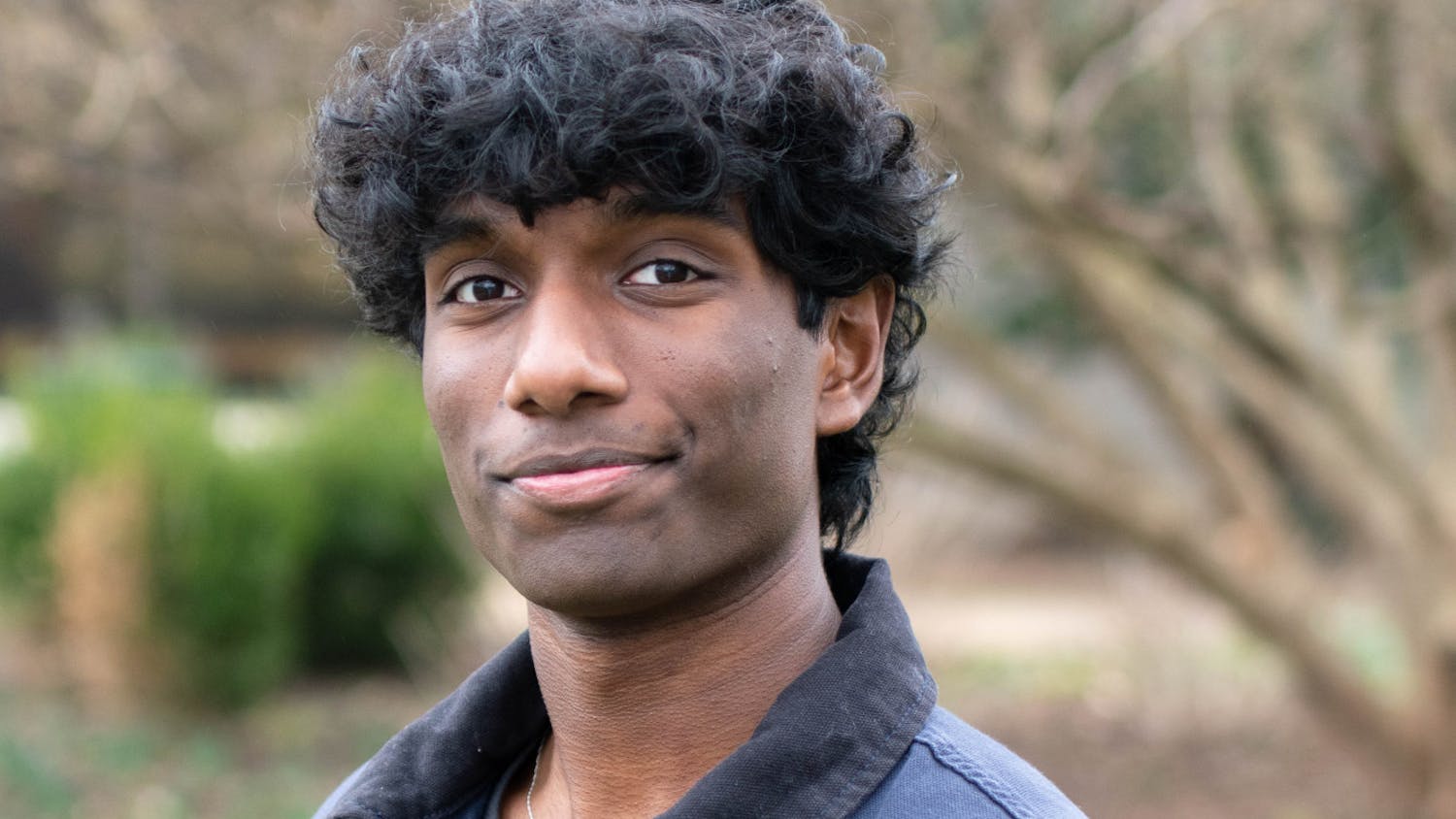Genocide continues to occur in Sudan and, despite claims of "never again," meaningful response is still lacking. Among American University's community, concern about this issue is widespread, but translating those feelings into action has been more difficult. One possibility for student involvement is to investigate divestment from companies whose investments help fund Sudan's military build-up and small arms industry. Other U.S. universities have organized to help stop genocide by divesting their endowments from such companies. It's important that the AU community consider this possibility for effective action.
Several reports, including Christian Aid Society (2001): The Scorched Earth: Oil and War in Sudan; Human Rights Watch (2003): Sudan, Oil and Human Rights; and Coalition for International Justice (2006): Soil and Oil: Directly Business in Sudan, link Sudan's oil profits with military build-up that perpetuates the genocide in Darfur. Targeted divestment from Sudan, as pursued by dozens of states and universities, asset managers and corporations such as Xerox and 3M, can undercut the resources of industries that perpetuate violence and genocide while contributing little to the welfare of Sudan's people.
Unfortunately, AU's ability to organize around this important cause is compromised by our university's failures of transparency. Students and faculty cannot access information about the investment of AU's endowment, making it difficult to participate in any discussion about socially responsible investment.
The challenge of divesting makes the need for transparency especially clear, but a discussion of students', faculty's and other invested parties' right to access information about our university's financial decisions is overdue in light of Ben Ladner's and Board of Trustees members' outrageous behavior. Greater financial transparency is essential for correcting the problems with AU's governance. It is our responsibility to hold our leaders accountable and to ensure that our university's investments do not contradict the principles of social responsibility that define American University.
However, divestment can occur before there is substantive change in AU's financial transparency. Students effectively lobbied for AU's divestment from Burma under the same structure, and AU no longer purchases products from or buys shares in companies that do business with Burma. While meaningful structural change is the ultimate goal, it should not prevent more immediate action in response to genocide in
Darfur.
Casey McNeill is a sophomore in the School of International Service.



